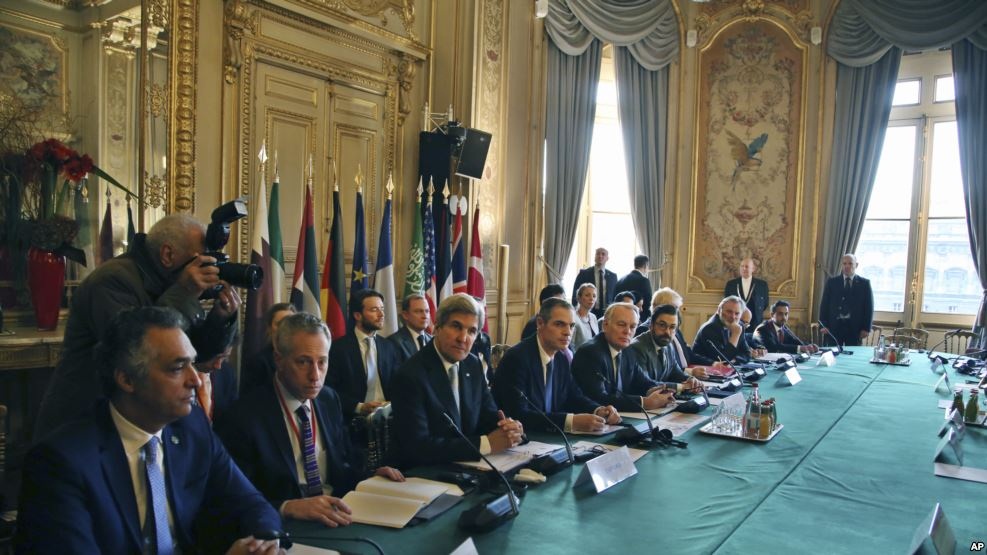
RNA - In theory, war-party Washington claims to be against the idea of separatism. It claims it doesn't want to see any autonomous regions emerge to threaten a strong central government. In practice, though, US policy has been driving the exact opposite goal, particularly when it relates to the Kurds.
As a consequence of this divisive policy, the Kurdish YPG, the main recipients of US military support, have been busy carving out an autonomous region in the terror-ravaged country – just like their counterparts in Iraq.
On the pretext of chasing out ISIL and Al-Qaeda in the province of Hasakeh, the YPG and its political wing the PYD have declared the area “autonomous” and come up with an increasingly complicated set of rules for how the region is to interact with a hypothetical future Syrian government that recognizes its autonomy. More importantly though, they are growing.
Where this leaves post-war Syria is anyone’s guess. One thing is for certain, though; the existence of this region dramatically undercuts Washington’s claims for a unified Syria in the post war period. Any doubters should ask Iraq:
Washington wants the communal violence to continue in Syria - just like in Iraq. This way it can force the Syrian government and its allies to give in, accept American terms and occupation, and stop supporting Hezbollah – Israel’s most potent adversary.
Another reality is that Washington is working very hard to prevent any peace deal among the warring factions. To this end, it continues to pour petrol on the fires by supporting Arab terrorist groups and pro-US Kurdish separatists. This helps prolong the war and turn away the guns from Israel.
Calls for “jihad” against Syria and its allies by hard-line Saudi clerics and officials should be seen within this context as well. The Saudi vassals are as eager as their American masters to stoke the fires, escalate power struggle, and mobilize extremist followers using implicit sectarian appeals to attack everything that is not driven by Wahhabism. They are also directly engaged in the armed conflict to aggravate Syria’s communal differences.
The intention is to poison Syria by playing upon the fears of Kurdish groups to rally support, transforming the political conflict into a sectarian-religious struggle, and making the bloodshed harder to contain. The United States, the international Zionism, and the Saudi-led Wahhabi Takfiri camp have a poisonous media empire to back this campaign too. They spread religious, racial, and sectarian hatred, and promote the US Congress bill which seeks to gut Syria and Iraq.
Suffice it to say, the US-imposed war on Syria is the main culprit for the perils of this sectarian polarization. This has been reinforced by Washington’s support for the ongoing campaign by separatist Kurds to carve out an ever-growing autonomous region in Hasakeh.
As foreign-backed violence spreads into other parts of the region, it is clear that the consequences of this policy will reach far beyond Syria. A quick resolution is unlikely, but an increased understanding of the national scope of these problems is an important step towards addressing them. It should be very clear that pouring fuel on the separatism fire is neither in the interests of Washington nor its regional allies.
847/940